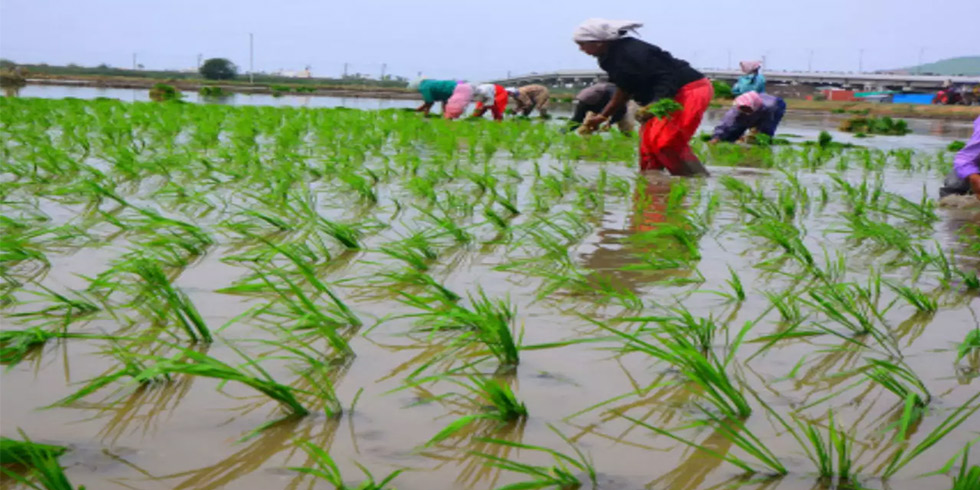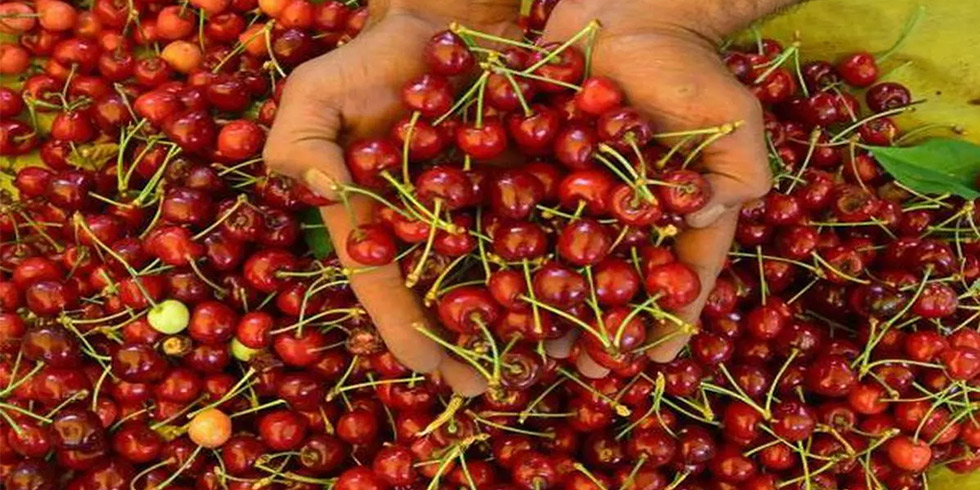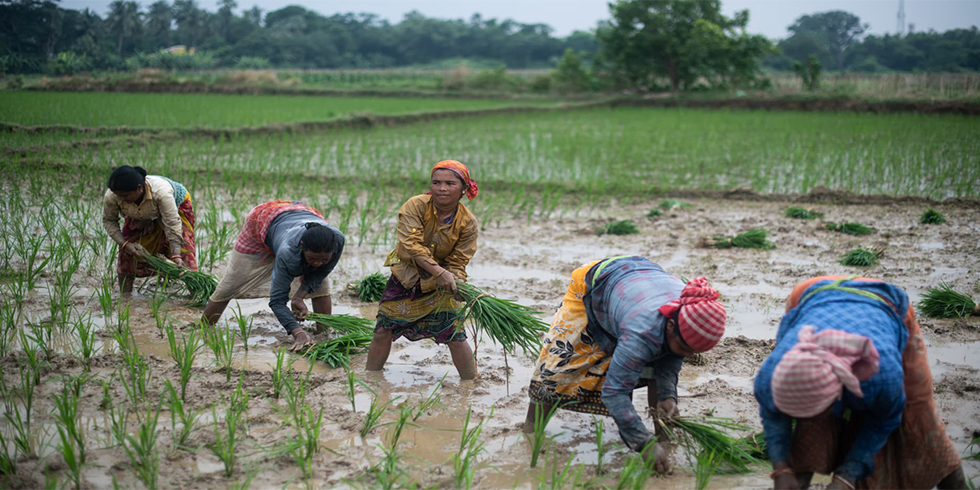In a bid to promote export of organic agricultural products, the commerce ministry could soon float a Cabinet note to remove restrictions on the outbound shipment of such items. “We want exports of organic varieties of commodities like soybean, pulses, sugar, fruits and vegetables free from any restrictions,” a senior government official told FE. Currently, the government controls exports of certain farm items through various restrictive measures, including an outright ban, quantitative limits and export duties, to keep domestic supplies of essential items steady. Since the curbs are on specific farm commodities, even export of organic variety of these items faces restrictions in most cases.
However, in a few cases, the government has relaxed restrictions on the export of organic varieties, while maintaining the restrictions on the outbound shipment of non-organic varieties. For instance, the government has allowed duty-free export of 10,000 tonnes each of organic sugar and pulses even though there is a 20% duty on the export of (non-organic) sugar and a complete ban on that of pulses, except kabuli chana. But any export of even the organic variety beyond the cap will attract the prescribed duty or restriction.
“There is a huge demand for organic sugar abroad and we need to promote it,” said the official cited above. As per industry executives, only four mills across the country currently produce organic sugar, and more mills could follow suit if curbs on exports are lifted. In vegetables such as onion and potato, the government has periodically resorted to curbs in the form of a temporary ban or the imposition of minimum export prices (below which exports can’t take place) when the domestic prices go up.
India produced around 1.35 million tonnes of certified organic products in 2015-16, which includes all varieties of food products such as sugarcane, oilseeds, cereals and millets, cotton, pulses, medicinal plants, tea, fruits, spices, dry fruits, vegetables, coffee, etc, according to Agricultural and Processed Food Products Export Development Authority. The production is not limited to just edible items, but even non-edible ones. While Sikkim is the touted as the first organic state of the country, Madhya Pradesh has the maximum area under organic certification, followed by Himachal Pradesh and Rajasthan. In 2015-16, the country had exported organic products worth R1,976 crore, down nearly 6% from a year ago. “With more states focusing on organic farming and with a possible removal of restrictions on export, we should see around 40% growth year-on-year in organic product exports for the next five years,” said Ajay Sahai, director general of Federation of Indian Exports Organisation. Organic products from the country are exported to the EU, the US, Canada, Switzerland, Korea, Australia, New Zealand, south-east Asian countries, Middle-East and South Africa.
India stood at number 15 in terms of area under the organic certification in 2013. The total area under organic certification was 5.71 million hectares in 2015-16, 26% of which is cultivable and the rest is forest and wild area for collection of minor forest produces. Prime Minister Narendra Modi has been urging all states to follow the example of Sikkim by bringing select areas under organic farming and help market the high-value products as part of efforts to transform the agriculture sector, thus ensuring better remuneration for farmers.








Add Comment